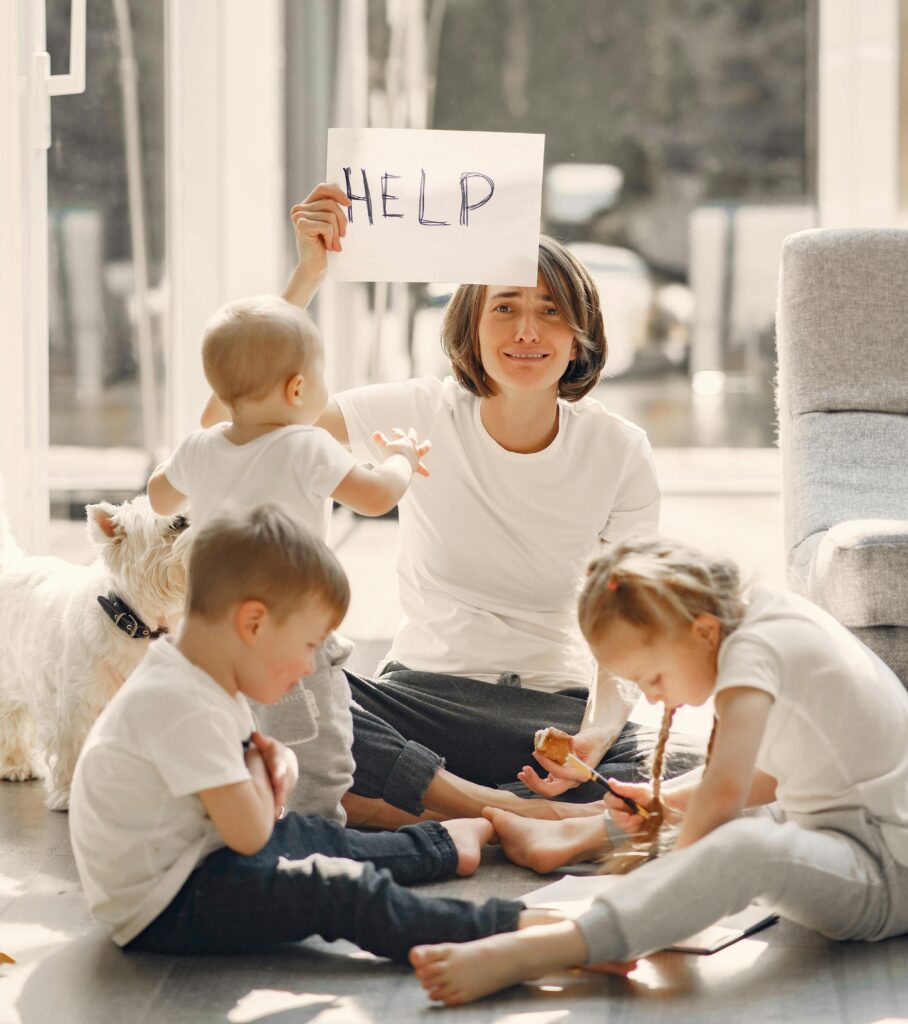Forging Your New Family Portrait: How to Shield Kids’ Mental Health During Divorce



The choice to separate or divorce from a partner is complex and incredibly difficult. However, separation or divorce can be the best decision for everyone involved, including the children. Research has shown that children who are exposed to open, unresolved conflict between their parents regularly are more stressed than children from divorced families. Divorce can provide a model of adult behavior and relationships that emphasizes working out problems with compassion, wisdom, and appropriate action. Among the many decisions on reorganizing your lives, are choices about parenting. When divorce is the best option, there are specific ways parents can make the transition smoother and support their children’s mental health.
Forge a new picture of family
Divorce can be an opportunity to consciously shape your family bonds in a way that feels positive and powerful. Spending a little time reflecting on what was and was not working in your former family configuration will go a long way in forging this path forward. How do you want your new family to relate to each other? What are each family member’s roles and how do they express these in the family system? What aspects of family are most important to you – time spent together, emotional support, humor, respect, independence? In what ways will you be sure these aspects flourish in your family moving forward?
Stick to the routine as best as possible
Divorce or separation usually causes major disruptions to routines and schedules. Consciously striking a balance between honoring old routines and establishing new ones can help ease the transitions and provide a sense of stability. Maintain routine activities like eating dinner together, going on walks, bedtime routines or having weekend movie nights. Make a list of these routines and highlight the ones you are purposely going to stick to in this transition. This helps your family stay connected as well as help maintain typical expectations for behavior. For instance, maintaining your typical chore or homework schedule can help your child meet their responsibilities at home and at school, which in turn helps them feel stable and confident. You can give a little more grace and patience, but if routines and schedules change drastically, it can be very confusing and make your children feel more out of control.
It’s important to spend time together as a family. This can be with or without the other parent, whichever works best for you and the new relationship you are creating with your former partner. Quality time is a great tool for helping kids feel safe, loved, secure in their relationship with you, and can help to establish a new sense of normal.
Make sure they have a space that feels like their own
Children can be very concrete, which means they associate complex ideas or relationships with more simple or physical things or spaces. Their understanding of family relationships, stability and safety may be associated or linked with a physical location, like the former family home. Moving to a new home or visiting a parent in their new residence may have a larger, destabilizing emotional impact than expected, bringing sadness, anxiety or negative behaviors to the surface. You can increase your child’s sense of control and ‘ownership’ over this new space by letting them arrange furniture, pick out small items to decorate, and shift some belongings from their previous home into the new space.
Limit conflict in front of the children
Keeping the lines of communication open between you and your ex-partner regarding the children is very important. Research has consistently shown children cope best when they are not exposed to adults’ ongoing conflicts. If there is high conflict between you and your ex, keep any conversations to basics like pickup and drop off times, doctor’s appointments, important school dates, or necessary information about your children.
Communication should be between the adults. Do not use your children to send messages back and forth between your ex-partner. Possible ways to exchange information include email, a book that goes back and forth with the children or one of the many co-parenting apps that are available. They can help maintain privacy by allowing you to remain in contact with your ex-partner without giving out phone numbers or email addresses, keep track of important dates in the schedule, share key information about the child(ren), and transfer money. Some are free and some charge a fee. In Oakland County, Family Wizard is often the recommended tool for communication between co-parents.
Use neutral language to describe your ex
This can be one of the most challenging aspects of managing child-parent relationships during and after divorce. The pull to express to your child why and how you, or your child, were wronged can be intense. You may want to describe their other parent’s shortcomings, hurtful behaviors, or negative choices as a way to cope with your own feelings about the situation, or validate the child’s. And while helping to validate a child’s hurt feelings is important, ongoing or regular disparaging comments about the other parent can be very harmful to a child. This is because when we are little, we form our identities and stable sense of self by associating with our caregivers and loved ones.
When you speak badly about your ex, your child folds these words into their understanding of themselves, and this hurts your child, as well as your relationship with your child. Eventually the child’s identity becomes more independent and isn’t so entwined with their parents’. As your child grows and matures, they will be increasingly aware of relationship dynamics and come to their own understanding of their parents’ behaviors. Providing them the room to develop their identity and stable sense of self without disparaging their other parent sets them up for resilience.
Connected Kids are Healthy Kids
Unless safety is a concern, children benefit from strong relationships with both parents. It’s in the best interest of your child to support the other parent’s connection in their life as best as you can. Of course it’s hard to do at times, but try to keep your anger, resentment, blame, jealousy, or hatred from impacting your child’s relationship with your ex. In the aftermath of divorce or separation many people need help sorting through and coping with their strong emotions, and this is totally normal! Reach out to friends or family to help you process the negative emotions and frustrations, or reach out to us for support.
Conclusion
When divorce is the best option for the family, it can be hard to forge your new family portrait. While this process is difficult, with time and support, families can find ways to grow stronger together, open the door to new beginnings, and create healthier family dynamics overall.








Recent Comments